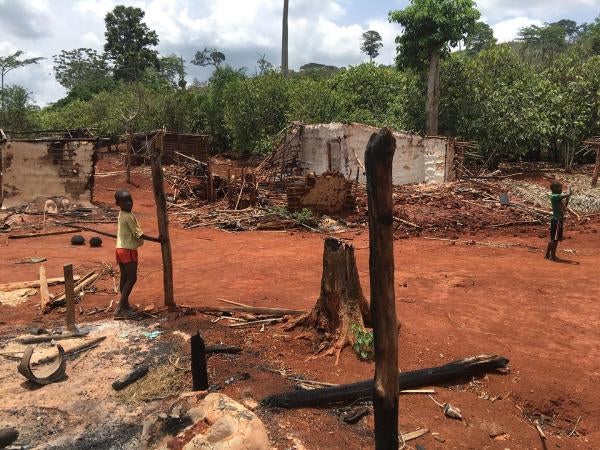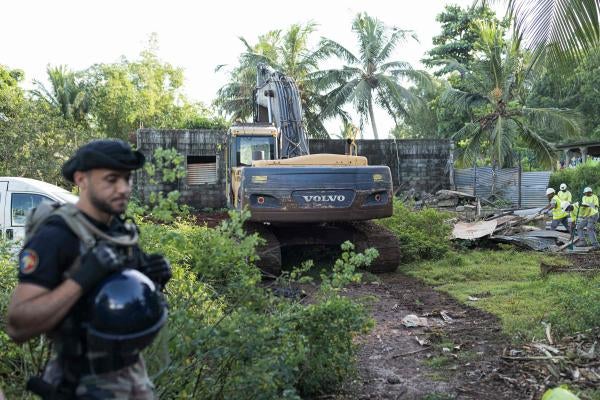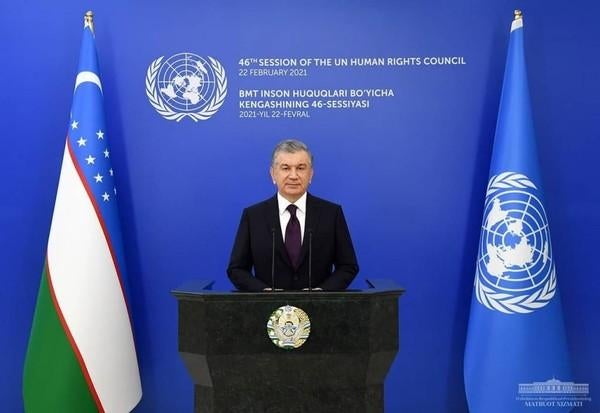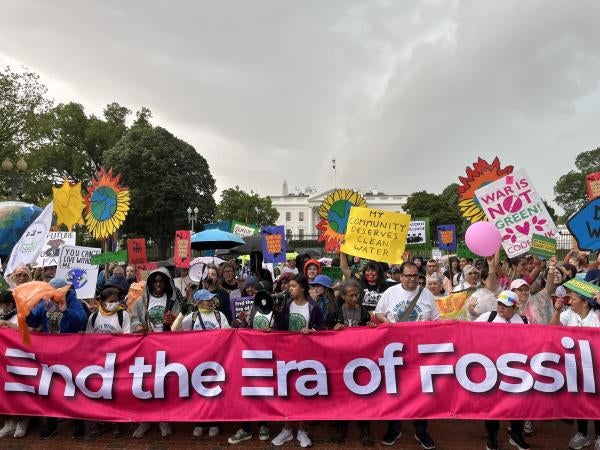I’m not going to lie: I love chocolate.
When you live in chocolate-obsessed Belgium, it’s hard not to. The average person here consumes eight kilograms (17.6 pounds) of the stuff a year.
But I also have serious concerns about the chocolate industry – concerns that are only heightened with the publication of a new report from the Belgian university of Louvain.
The new research describes how some 2.5 million hectares (9,650 square miles) of tropical forest in Côte d’Ivoire were destroyed for cocoa plantations between 2000 and 2019. That’s an area about the size of the US state of Vermont – or about five sixths of Belgium.
What’s worse, the report shows that nearly half of this deforestation was the result of unregulated cocoa production.
Côte d’Ivoire is the world’s largest producer of cacao, the seeds (not technically beans) from which cocoa and chocolate are made. The country accounts for more than 40 percent of the world’s harvest, and half of EU imports come from Côte d’Ivoire.
Clearing forests for cocoa production has worldwide impacts.
As we discussed here a few days ago, deforestation is the second largest source of greenhouse gas emissions causing climate change, and industrial agriculture is the most significant driver of deforestation globally. Chocolate, coffee, palm oil in soap… they are all major contributors.
And of course, deforestation is not the only troubling issue with the cocoa industry. There are concerns over child labor and even child trafficking in both Côte d’Ivoire and Ghana. Also, most cocoa is produced by small-scale farmers who receive only a fraction of the profits from crop sales.
So, from a human rights perspective, what’s a chocolate lover like me to do?
Can I eat chocolate without guilt? Should I try to avoid it? Or are personal decisions too small-scale to really tackle these huge issues?
How will a new EU law banning cocoa imports linked to deforestation and labor rights abuses help address these issues?
These are the questions I’ll be putting to experts, including the author of the new Belgian report, in a Twitter Space audio discussion on May 10. Please, join us!
And if you have questions you’d like me to put to the experts, please send them to me by email, or contact me on Twitter or Mastodon.









